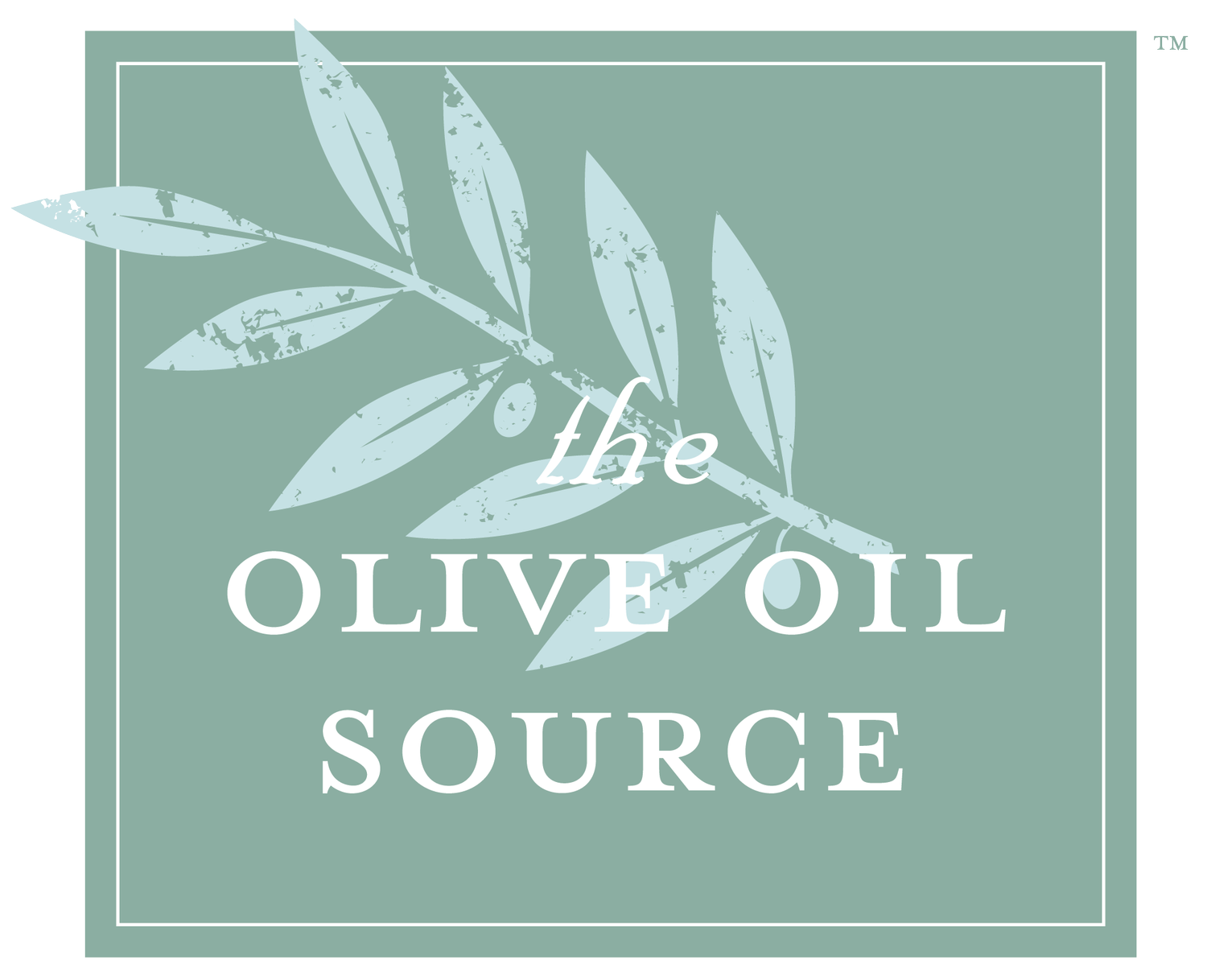
Cancer and Olive Oil
Studies show that olive oil may play a part in reducing rates or risk of some types of cancer, particularly colon, breast, ovarian, and prostate cancers.
A study published in the January 2005 issue of Annals of Oncology has identified oleic acid (the main component of olive oil) as having the ability to reduce the effect of an oncogene (a gene that will turn a host cell into a cancer cell). This particular oncogene is associated with the rapid growth of breast cancer tumors. The conclusion of the researchers was that oleic acid, when combined with drug therapy, encouraged the self-destruction of aggressive, treatment-resistant cancer cells, thus helping to combat the cancer. Olive oil has been positively indicated in studies on prostate and endometrial cancers as well.
The Mediterranean diet has also been linked with reduced cancer rates, so it is very likely that the combination of eating high quantities of vegetables, fruits and whole grains and consuming limited quantities of monounsaturated fats such as olive oil is responsible for this benefit, rather than olive oil by itself. A study from Etienne showed reduced cancer (all types) in a group of heart patients who consumed a “Greek” diet, vs. a group on the American Heart Association diet, whose cancer rates were much higher.
Several studies have come from Barcelona, Spain, that demonstrate the protective effects of olive oil in cancer treatment and prevention. A 2008 study by Escrich and associates concluded that “compelling evidence exists about the protective effect of olive oil consumption on the appearance and progression of some cancers, mainly those of the breast, colon, and prostate. Both its main monounsaturated fatty acid, OA (oleic acid), and some specific minor components could account for the biological effects of olive oil on the distinct stages of carcinogenesis through different molecular mechanisms of action.”
BREAST CANCER AND OLIVE OIL
In 2003, M. Solanas from the Department of Cell Biology in Barcelona reported in the International Journal of Oncology that olive oil slowed breast cancer in rats. A corn oil diet stimulated more cancers than a control diet, while olive oil led to fewer and smaller tumors than the control diet.
A 2009 study from Barcelona (the Catalonian Institute of Oncology) by Menendez et al confirmed that the polyphenols in extra virgin olive oil are effective in combating breast cancer cells of the HER-2 type. The study notes that the isolated polyphenols were applied in much higher concentrations than what can be consumed in dietary olive oil, but their findings may help explain the protective effect olive oil seems to have in preventing certain types of cancer among Mediterranean women. The researchers were also careful to point out that only extra virgin olive oil, which is not heated or refined, would contain these beneficial polyphenols.
COLON CANCER AND OLIVE OIL
Colon cancer is the second most common cause of cancer death in Americans. Animal studies have shown that dietary fats increase the development of colon tumors. The fact that the Western diet is high in fats seems to correlate with the high incidence of colon cancer among Americans as opposed to the rest of the world. But different fats have different effects.
Doctors in the Department of Gastroenterology, University Hospital in Barcelona decided to test olive oil to see if it could safeguard against colon cancer compared to other oils. Investigators studied the effects of a diet rich in safflower, fish oil or olive oil on rats, which had been given a chemical that accelerates cancer in the bowel. After five months, twice as many rats in the safflower group had developed tumors as the rats in the other two groups. In fact, the rats that received olive oil had colon cancer rates almost as low as those fed fish oil, which several studies have already linked to a reduction in colon cancer risk.
It is not known what specific property of olive oil lowers the incidence of bowel tumors. Olive oil is an n9 fatty acid (primarily monounsaturated) with a different structure from safflower and fish oil. Dietary olive oil was shown to help prevent colon cancer development. The study authors postulated that these effects may be partly due to a lowering of inflammation chemicals in the intestines.
OVARIAN CANCER AND OLIVE OIL
In a Milan study published by Bosetti in 2002, women who ate more olive oil had better protection against ovarian cancer. The study looked at the diets of nearly 3,500 Italian women: 1,031 with ovarian cancer, and 2,411 without cancer. The women who consumed the highest amount of olive oil (up to three quarters of an ounce daily) had the lowest rate of ovarian cancer, reduced 30% from the average.
PROSTATE CANCER AND OLIVE OIL
The WebMD prostate cancer health site recommends eating olive oil or avocado oil, but almost no other added fats, since they may encourage cancer growth or have no beneficial effect. Both Japanese traditional foods and the Mediterranean diet seem to be protective against prostate cancer, so high quantities of vegetables and very little red meat, as well as individual antioxidant-rich foods like green tea and olive oil may be conferring benefits in these populations.
SKIN CANCER AND OLIVE OIL
A 2001 study from Japan found that hairless mice exposed to damaging doses of sunlight then soothed with olive oil developed fewer skin cancers. We don't know if people's skin will react the same as hairless mice, but it is likely that the antioxidants in olive oil could help prevent cancer in humans too. Sunlight damages DNA and creates free radicals that cause oxidative damage. Olive oil has polyphenols and other natural antioxidants that could prevent the type of damage that leads to cancer. Cheaper refined olive oil didn't seem to help the mice as much as fresh, extra virgin olive oil. The utility of this study is unclear, as no amount of olive oil would undo all the damage caused by the sun. A wiser course would be to avoid the sun, use a hat and sunscreens and save the olive oil for a salad.
A more recent study from Ireland demonstrated the role of olive oil in an anti-cancer diet. It seems that the lycopene of tomatoes is more effectively utilized to prevent skin cancer when combined in the diet with olive oil. These foods eaten together provided the equivalent of a low factor sunscreen of protection to the study participants. Again, it should be noted that the best protection from sun is afforded by hats, clothing and minimal exposure.
SOURCES
Solanas, M., Int J Oncol, 01-Oct-2002; 21(4): 745-53
Cancer Causes and Control, Vol. 13: 465-470
The content of this web site is not intended to offer personal medical advice. You should seek the advice of your physician or other qualified health provider with any questions you may have regarding a medical condition. Never disregard professional medical advice or delay in seeking it because of something you have read on this web site.
